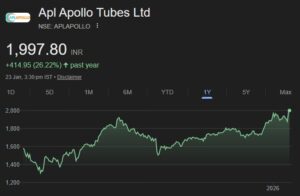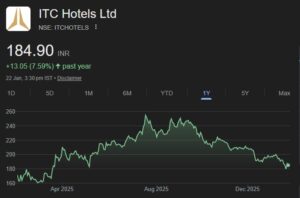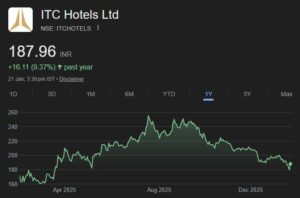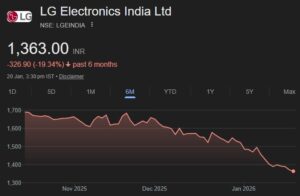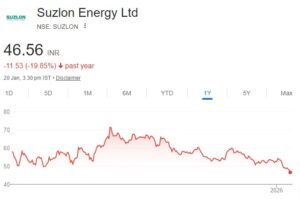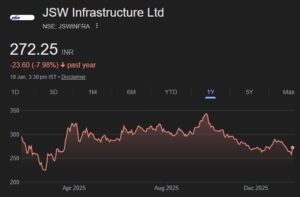
In May 2012, the stock markets were really in a terrible shape. Retail investors had totally deserted stocks. At that stage, Prashant Jain wrote a piece titled “Its tomorrow that matters”. In the piece, Prashant Jain pulled out all the stops in a desperate bid to induce investors to buy stocks. “Good returns are made on investments made in adverse times” he said. He gave detailed facts and figures to convince investors that the time was absolutely ripe to buy stocks. He left no stone unturned and even quoted from the scriptures (Kabir).
Today, the Sensex is up 64% from that date. Individual stocks are up several times more. If we had listened to Prashant Jain and bought stocks, we would be basking in great riches.
In his latest piece “Equities are a great compounding machine; India has great growth prospects”, Prashant Jain debunks the fear amongst investors that the stock market has run up a lot and that it is too late to buy stocks. He points out that in the past six years (pre Lehman crises), the markets are up only around 30% and have sharply underperformed the nominal GDP growth.
He explains that there is still an opportunity available for investors to buy stocks for three reasons.
Firstly, the Indian economy is getting into shape with GDP growth improving, CAD narrowing and inflation cooling down. When interest rates come down, corporate earnings will rise.
Secondly, there is a strong, growth oriented and business friendly government at work and this bodes well for economic growth and for businesses.
Thirdly, the P/E multiples of equity markets are reasonable. They are not expensive. There is room for multiples to expand as growth improves and interest rates move lower.
In the end, Prashant Jain advices investors to adopt a long term and disciplined approach to investing. He emphasizes that they must have the patience to remain invested for long periods in equities / equity mutual funds to allow compounding to work. Also, at a time when the markets are down, investors must have the foresight to not panic and instead must increase their allocation to equities.
